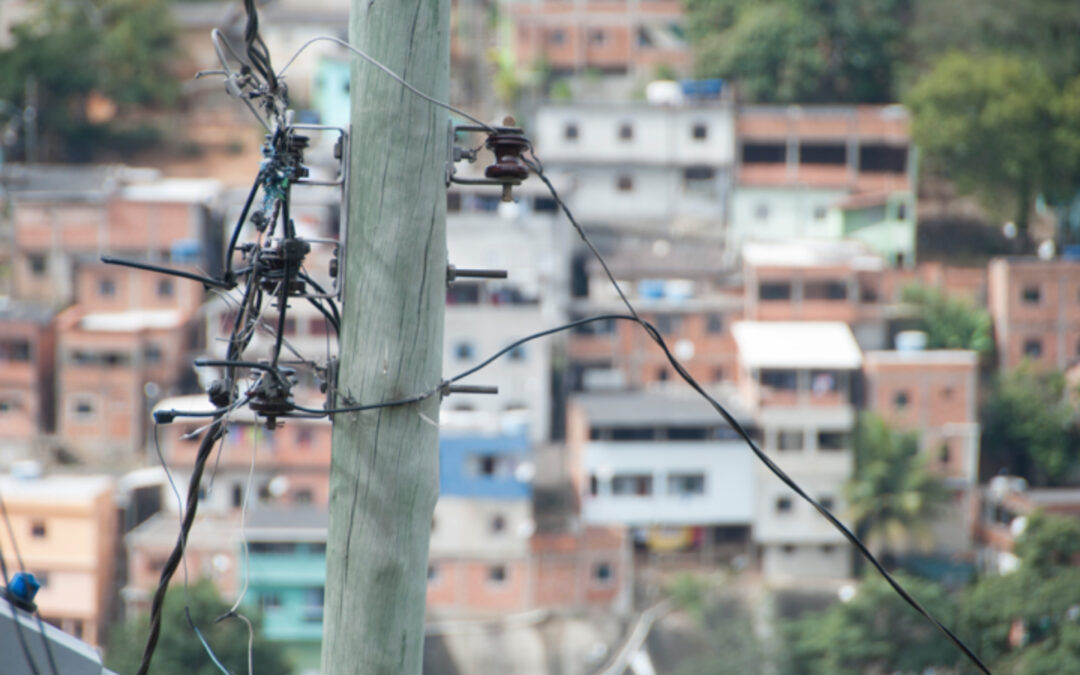The paper discusses a study of social media usage within the context of a public transport operator. This involved fieldwork within three subsidiary companies of FirstGroup alongside a content analysis of the individual Twitter feeds they operate and the conversations they generate through them to...


